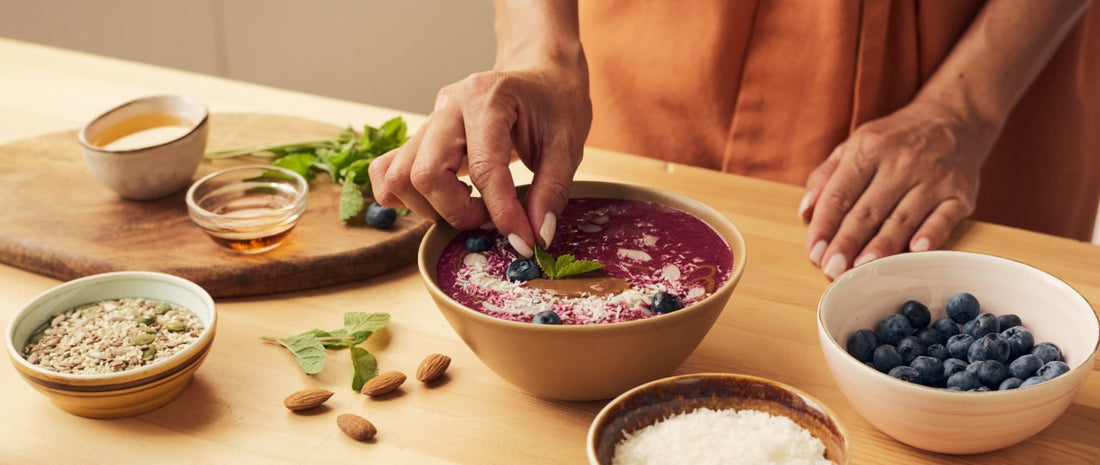
Maintaining Healthy Cholesterol: Fiber for the Win?
Cholesterol has been the hot topic dominating the focus of health news for the last few years. Good cholesterol, bad cholesterol, low and high; healthy foods, exercises, and medications all to keep those levels in check! Even our HealFast blog has and will continue to have posted regarding the topic because there is just so much to do or watch out for especially if you want to stay healthy as you gracefully age and avoid relying on the myriad of pills and medications.
I don’t want to regurgitate exercise or medication-related advice to help lower cholesterol, but I did have an interesting conversation with Dr. Figura while out for a run. The Doc had explained a bit more about cholesterol metabolism that led to my 'aha' moment. Read on:
Issue:
Basically, our own liver produces about 20% of daily cholesterol and we get about 30% from the diet. So where does the rest come from? Well, our body recycles the other 50%, right throughout the gastrointestinal tract!
So what's the solution!?
Enter right, Fiber! Our miracle drug, which is free through your diet, does exactly that, it binds cholesterol and helps the body to naturally excrete it reducing your cholesterol levels. The other benefit is that cholesterol is it reduces insulin spikes by slowing the absorption of carbohydrates, which also prevents that enzyme, HMG-CoA reductase, from producing more cholesterol. Fiber is our triple threat! Now where to get that fiber?
So maybe, next time you are craving fried chicken, sprinkle some Metamucil into the batter to give your heart a helping hand! I say this in jest but in truth, adding fiber related to helping regulate your diet and intake would be a wise decision as well. You won’t be immune to “bad foods” cholesterol properties but hopefully, with a fiber full diet, you can put your mind more at ease.
We will write more blogs about this topic soon. Our goal here is to provide a simple change that could help reduce your cholesterol. Remember everything is a balance, so eat well, exercise, get sleep, and talk to your doctor about what is needed to help maintain cholesterol levels.
We hope you enjoyed this post, and if so, please like and share our content! If you have any comments, questions, or other topics you want to see feel free to post below and follow us on Facebook and Twitter for new updates! As always stay informed and be healthy!















